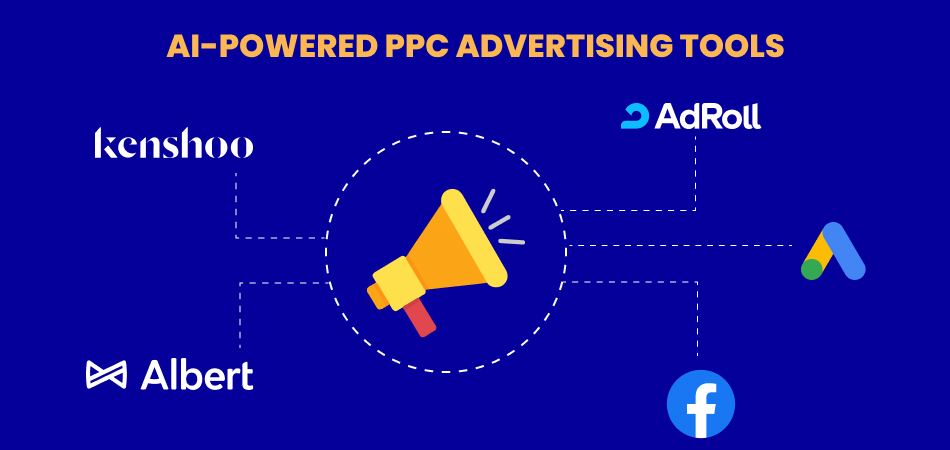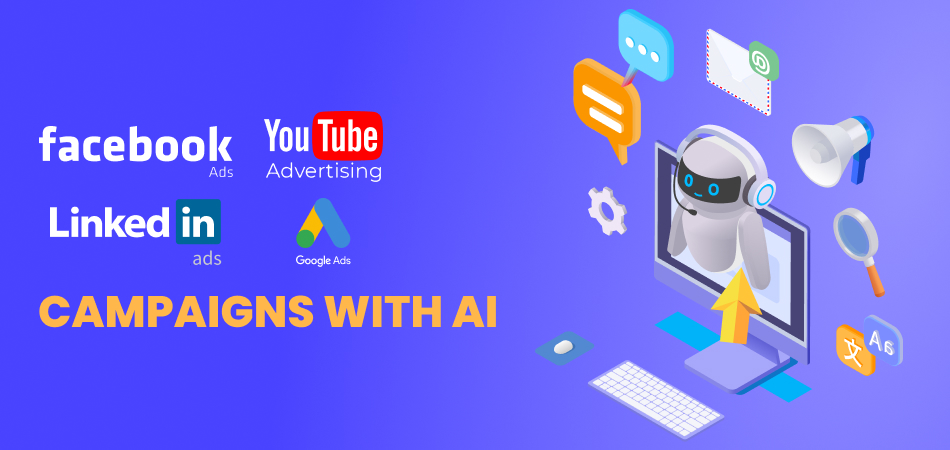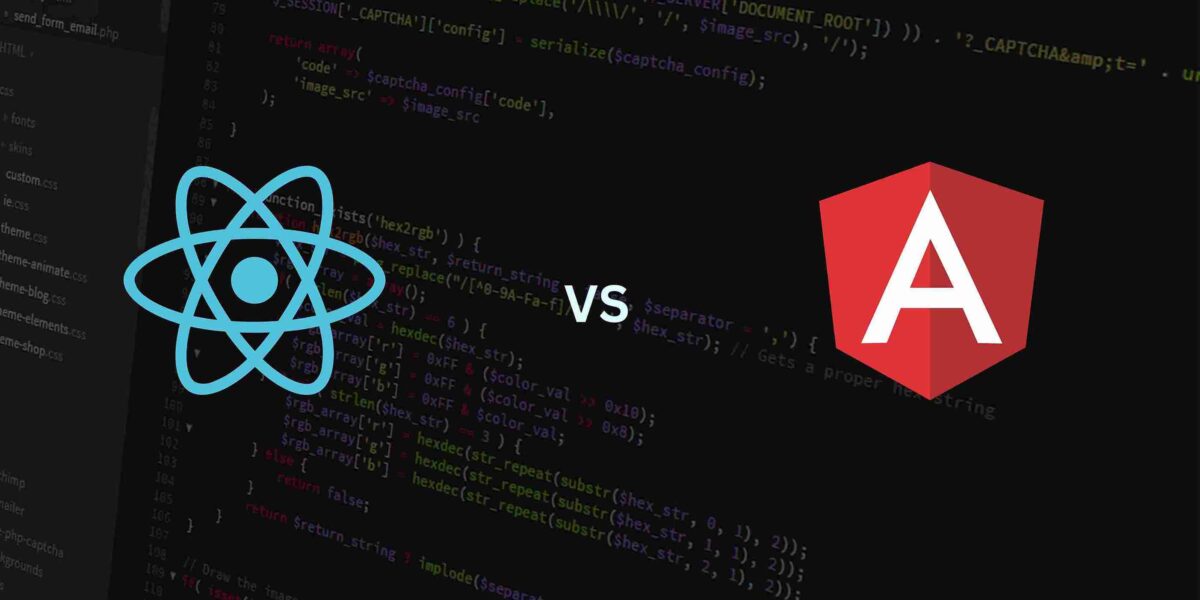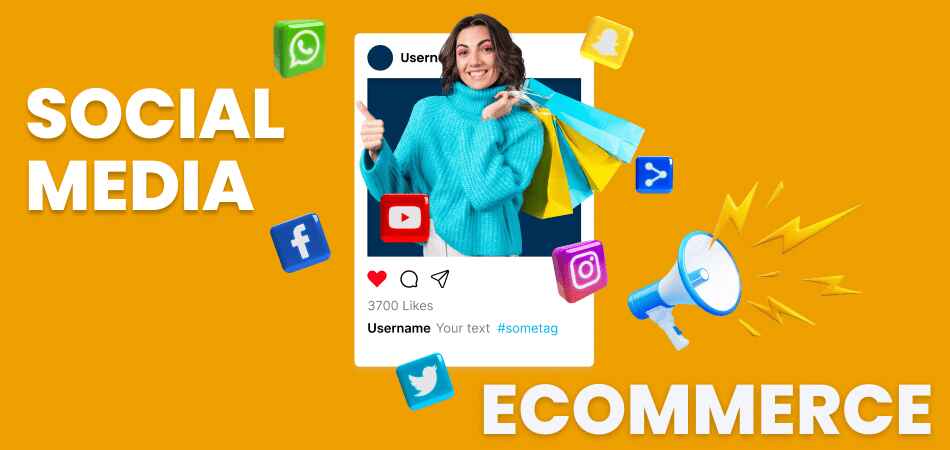In the rapidly evolving world of digital marketing, Pay-Per-Click (PPC) advertising remains a cornerstone strategy for businesses looking to increase their online presence and drive traffic to their websites. As competition intensifies and consumer behavior becomes more complex, leveraging advanced technologies has become imperative for marketers. Artificial Intelligence (AI) is at the forefront of this transformation, offering unprecedented opportunities to optimize PPC campaigns, enhance targeting, and maximize ROI.
In this comprehensive guide, we’ll explore the multifaceted role of AI in PPC advertising, delve into its benefits and challenges, and provide practical insights on how to effectively integrate AI into your PPC strategy.
Introduction to PPC Advertising
Under the PPC advertising model, advertisers pay a fee each time a user clicks on their advertisement. It is a method of purchasing website traffic instead of trying to obtain it naturally. PPC ads can be found on search engines like Google, social media platforms like Facebook, and various websites that participate in ad networks.
Key Components of PPC Advertising
- Keywords The foundation of PPC advertising, keywords are the terms and phrases that users type into search engines. Targeting the correct audience requires careful keyword selection.
- Ad Copy This is the text or creative that appears in the ad. Effective ad copy is compelling, relevant, and includes a clear call to action.
- Landing Pages The pages where users are directed after clicking on an ad. These pages must be optimized to convert visitors into customer.
- Bid Management This involves setting the maximum amount an advertiser is willing to pay for a click on their ad. Effective bid management is critical for budget optimization.
The Emergence of AI in PPC Advertising
Artificial Intelligence has introduced significant advancements in how PPC campaigns are managed and optimized. AI algorithms can process vast amounts of data at high speeds, identify patterns, and make real-time decisions that humans cannot achieve manually.
How AI Enhances PPC Advertising
- Automated Bid Management: AI can adjust bids in real-time based on various factors such as competition, time of day, and user behavior, ensuring optimal ad spend.
- Enhanced Targeting: AI can analyze user data to create highly targeted ads that are more likely to convert. Contextual, behavioral, and demographic targeting are all included in this.
- Dynamic Ad Creation: AI tools can generate and test multiple ad variations to determine which ones perform best, thus optimizing ad copy and creative elements.
- Predictive Analytics: AI can forecast future trends and user behavior, allowing marketers to anticipate changes and adjust their strategies accordingly.

Benefits of AI in PPC Advertising
Integrating AI into PPC advertising offers numerous benefits that can significantly improve campaign performance and efficiency.
Improved ROI
AI-driven tools can analyze data and optimize campaigns more accurately than humans, leading to better allocation of budget and higher returns on investment.
Enhanced Accuracy and Efficiency
AI reduces the likelihood of human error and automates repetitive tasks, freeing up time for marketers to focus on strategic planning and creative development.
Real-Time Data Analysis
AI can process and analyze data in real time, providing marketers with up-to-date insights and the ability to make swift adjustments to campaigns.
Personalized Advertising
AI enables the creation of highly personalized ads by analyzing user behavior and preferences, resulting in more relevant and engaging advertisements.
Challenges of Integrating AI in PPC Advertising
While AI offers significant advantages, integrating it into PPC advertising also presents several challenges that marketers need to address.
Data Privacy Concerns
With increasing scrutiny on data privacy, marketers must ensure that their AI tools comply with regulations such as GDPR and CCPA. Ensuring transparent data usage and maintaining user trust are paramount.
High Initial Investment
Implementing AI technologies can require substantial upfront investment in terms of software, infrastructure, and training. It may be difficult for smaller companies to devote the required resources.
Complexity and Learning Curve
Effective use of AI tools can necessitate a certain level of knowledge due to their complexity.Marketers need to invest time in learning and adapting to these new technologies.
Dependence on Data Quality
How well AI handles data has a big impact on how effective it is. Inaccurate or incomplete data can lead to suboptimal outcomes, emphasizing the need for robust data management practices.
Practical Applications of AI in PPC Advertising
Automated Bid Management
AI-powered bid management tools, such as Google Ads’ Smart Bidding, use machine learning to opti mize bids for each auction. These tools consider a multitude of signals, including device, location, time of day, and audience characteristics, to adjust bids in real time.
Table 1: Key AI-Driven Bid Management Tools
| Tool | Description | Key Features |
| Google Ads Smart Bidding | Automates bid strategies to maximize conversions or ROI | Target CPA, Target ROAS, Maximize Clicks |
| Facebook Automated Rules | Allows automated bid adjustments based on set conditions | Customizable rules, real-time bid adjustments |
| AdRoll BidIQ | AI-driven tool for dynamic bid optimization | Predictive analytics, real-time adjustments |
| Kenshoo | Advanced bid management platform for search and social | Cross-channel optimization, predictive bidding |
Enhanced Targeting
Large volumes of user data may be analyzed by AI to find trends and forecast future actions. Because of this, marketers are able to develop highly targeted programs that are sent to the appropriate audience at the appropriate moment.
Table 2: Types of AI-Enhanced Targeting
| Targeting Type | Description | AI Application |
| Demographic Targeting | Targets ads based on user demographics such as age, gender, and location | Data analysis to identify key demographic segments |
| Behavioral Targeting | Targets ads based on user behavior and past interactions | Machine learning to predict user intent |
| Contextual Targeting | Uses the content that visitors are now viewing to target advertisements. | Natural language processing to analyze content |
| Lookalike Targeting | Targets ads to users similar to existing customers | AI to identify and target similar user profiles |
Dynamic Ad Creation
AI tools like Google’s Responsive Search Ads can automatically generate multiple ad variations and test them to determine which performs best. This continuous optimization leads to more effective ad copy and higher engagement rates.
Predictive Analytics
By examining past data, artificial intelligence can forecast future patterns and user behavior.This allows marketers to proactively adjust their strategies to stay ahead of the competition.

Some Examples of AI-powered PPC advertising tools and platforms
Google Ads Smart Bidding
Google Ads Smart Bidding is an automated bid strategy that uses machine learning to optimize for conversions or conversion value in each auction. It adjusts bids based on various signals such as device, location, time of day, and user behavior.
Key Features:
- Target CPA (Cost Per Acquisition): Optimizes bids to help get as many conversions as possible at the target CPA.
- Target ROAS (Return on Ad Spend): Bids to maximize conversion value while targeting a specific return on ad spend.
- Maximize Conversions: Automatically sets bids to help get the most conversions within a campaign’s budget.
- Maximize Clicks: Automatically sets bids to help get as many clicks as possible within a campaign’s budget.
Impact: Businesses using Smart Bidding have reported up to a 30% increase in conversions and a 20% reduction in cost per acquisition.
Facebook Automated Rules
Facebook Automated Rules allow advertisers to create customized rules that automatically adjust campaigns based on specific conditions and triggers. This helps in optimizing performance without manual intervention.
Key Features:
- Customizable Rules: Set conditions for bid adjustments, budget changes, and pausing or activating ads.
- Real-Time Adjustments: Automatically make changes to campaigns based on real-time data.
- Performance Monitoring: Track the effectiveness of rules and adjust strategies as needed.
Impact: Advertisers using automated rules have seen improved ad performance and efficiency, with less time spent on manual adjustments.
AdRoll BidIQ
AdRoll’s BidIQ is an AI-driven bid optimization tool that uses predictive analytics to adjust bids dynamically. It analyzes vast amounts of data to predict the likelihood of conversion and adjusts bids accordingly.
Key Features:
- Predictive Analytics: Uses historical data and machine learning to forecast future performance.
- Real-Time Bid Adjustments: Continuously optimizes bids to maximize ROI.
- Cross-Channel Integration: Works across display, social, and email marketing channels.
Impact: Companies using BidIQ have reported a 25% increase in return on ad spend and a significant improvement in campaign efficiency.
Kenshoo
Kenshoo is an advanced bid management platform that leverages AI to optimize search and social media advertising campaigns. It provides a comprehensive suite of tools for automated bid adjustments and performance tracking.
Key Features:
- Cross-Channel Optimization: Integrates data from multiple channels to provide a unified view of campaign performance.
- Predictive Bidding: Uses machine learning to forecast outcomes and adjust bids in real-time.
- Customizable Algorithms: Allows for the creation of tailored bidding strategies to meet specific business goals.
Impact: Kenshoo users have experienced up to a 40% improvement in campaign performance and a 30% reduction in cost per conversion.
Albert AI
Albert is a fully autonomous digital marketing platform that uses AI to manage and optimize PPC campaigns across various channels. It takes over the entire process, from data analysis to bid adjustments and ad placement.
Key Features:
- Autonomous Campaign Management: Runs and optimizes campaigns without human intervention.
- Real-Time Data Processing: Analyzes and adjusts campaigns based on live data.
- Cross-Channel Execution: Manages ads across search engines, social media, and display networks.
Impact: Brands using Albert have seen a 50% increase in ROI and a substantial reduction in the time spent on campaign management.
Future Trends in AI-Powered PPC Advertising
As AI technology continues to evolve, its impact on PPC advertising is expected to grow even further. Here are some of the new trends to keep an eye on:
Voice Search Optimization
With the increasing popularity of voice assistants like Alexa and Siri, optimizing PPC campaigns for voice search is becoming essential. AI can help identify relevant keywords and create ad content tailored for voice queries.
AI-Driven Visual Search
AI-powered visual search technology lets consumers search with pictures rather than words.This presents new opportunities for PPC advertising, particularly in industries like fashion and home decor.
Advanced Audience Segmentation
AI will continue to improve audience segmentation by identifying more granular segments based on behavioral and contextual data, leading to even more precise targeting.
Integrated AI Marketing Platforms
The future will likely see more integrated AI marketing platforms that combine various AI-driven tools and features into a single, cohesive solution, simplifying campaign management and optimization.
Conclusion
AI is revolutionizing the landscape of PPC advertising, offering powerful tools and capabilities that can significantly enhance campaign performance. By automating bid management, enhancing targeting, creating dynamic ads, and providing predictive analytics, AI enables marketers to achieve higher ROI, greater efficiency, and more personalized advertising experiences.
While there are challenges to integrating AI into PPC strategies, the benefits far outweigh the drawbacks. As AI technology continues to advance, staying ahead of the curve and leveraging these innovations will be crucial for businesses looking to succeed in the competitive world of digital marketing.
Embrace AI in your PPC campaigns to unlock new levels of optimization and drive your business forward in the digital age.



